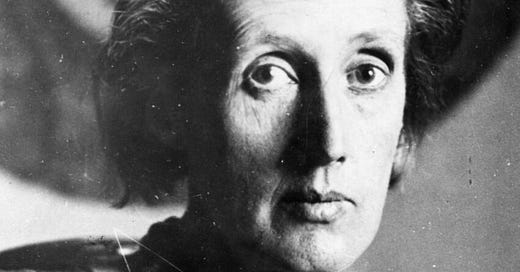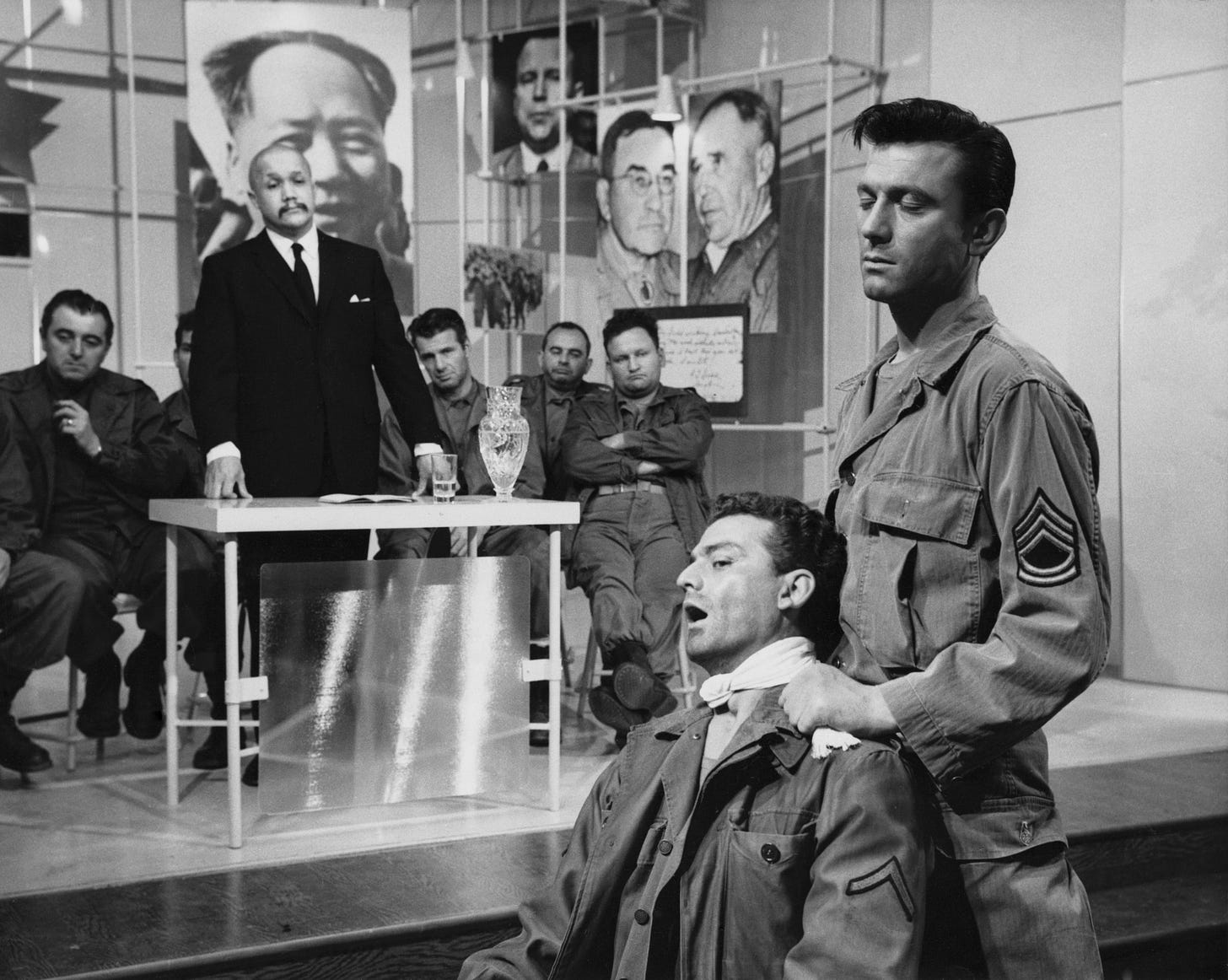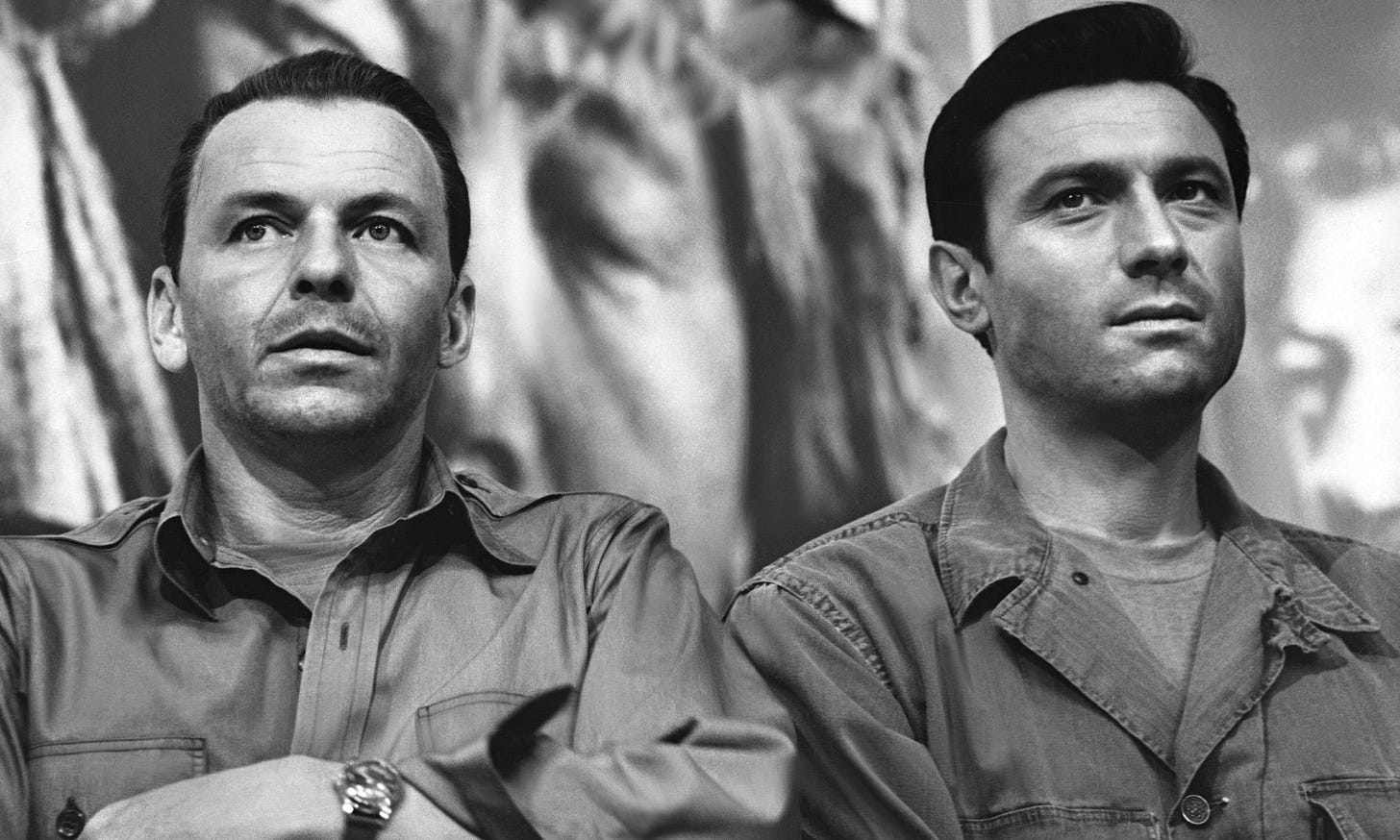VIRGINIA WOOLF, born Adeline Virginia Stephen (Jan. 25, 1882–1941) is one of the most influential modernist writers of the 20th century. An English novelist, essayist and publisher, she is best known for Mrs. Dalloway, To the Lighthouse, Orlando, and A Room of One’s Own, all of which were published in the roaring 20s. She is also known for being among the first writers to use stream of consciousness in her novels.
Nominated multiple times for a Nobel Prize in literature, she was twice awarded the prestigious Hawthornden Prize for Imaginative Literature.
Virginia Woolf grew up in a very talented intellectual blended family; both of her parents had children from a previous marriage. Her father’s first wife was daughter of novelist William Makepeace Thackery, her full sister is the painter Vanessa Bell, and nearly all of their siblings and half siblings distinguished themselves in literary circles.
In 1917, she and her husband Leonard Woolf, "a penniless [non-religious] Jew” who was very much outside her family’s social circle, founded Hogarth Press and the couple published much of her writing.
In 1922, Virginia Woolf met the far-better-known writer at the time Vita Sackville-West, who was also married, and the two writers entered their most productive literary period. Their intimate relationship has now been immortalized in the film “Vita & Virginia” (2018) starring Gemma Arterton, Elizabeth Debicki, and Isabella Rossellini. Sackville-West became the basis for Woolf’s novel Orlando.
“From different books, we must ask different qualities.…people are always behaving as if all books were of the same species…” —Virginia Woolf
Virginia Woolf and her sister Vanessa both asserted that their two older half brothers abused them as children. Woolf writes about it in "A Sketch of the Past," an essay written in 1939.
Ms. Woolf’s September 1926 article “How Should One Read a Book?” was recently republished by The Yale Review. It’s fascinating reading. Here is an excerpt:
“To read a book well, one should read it as if one were writing it. Begin not by sitting on the bench among the judges but by standing in the dock with the criminal. Be his fellow worker, become his accomplice. Even, if you wish merely to read books, begin by writing them. For this certainly is true—one cannot write the most ordinary little story, attempt to describe the simplest event—meeting a beggar, shall we say, in the street, without coming up against difficulties that the greatest of novelists have had to face. In order that we may realize, however briefly and crudely, the main divisions into which novelists group themselves, let us imagine how differently Defoe, Jane Austen, and Thomas Hardy would describe the same incident—this meeting a beggar in the street. Defoe is a master of narrative. His prime effort will be to reduce the beggar’s story to perfect order and simplicity. This happened first, that next, the other thing third. He will put in nothing, however attractive, that will tire the reader unnecessarily, or divert his attention from what he wishes him to know. He will also make us believe, since he is a master, not of romance or of comedy, but of narrative, that everything that happened is true. He will be extremely precise therefore. This happened, as he tells us on the first pages of Robinson Crusoe, on the first of September. More subtly and artfully, he will hypnotize us into a state of belief by dropping out casually some little unnecessary fact—for instance, “my father called me one morning into his chamber, where he was confined by the gout.” His father’s gout is not necessary to the story, but it is necessary to the truth of the story, for it is thus that anybody who is speaking the truth adds some small irrelevant detail without thinking. Further, he will choose a type of sentence which is flowing but not too full, exact but not epigrammatic. His aim will be to present the thing itself without distortion from his own angle of vision. He will meet the subject face to face, four-square, without turning aside for a moment to point out that this was tragic, or that beautiful; and his aim is perfectly achieved.”
To read the full article, click here: https://yalereview.org/article/virginia-woolf-essay-how-should-read-book.
Over the years, Virginia Woolf published 10 non-fiction articles in “The Yale Review.” They are now available online: click here.
Let me introduce you to The Yale Review’s Substack, “Back Matter”:
From the Attic
Today’s free film is “The Manchurian Candidate” (1962): https://archive.org/details/the-manchurian-candidate
Partly AI-generated post: Write Your Book In 12 Actionable Steps
These checklists were created and prioritized with the assistance of AI. Of course, different people may go about the process differently, either planning generally or in great detail, according to how you work best.









